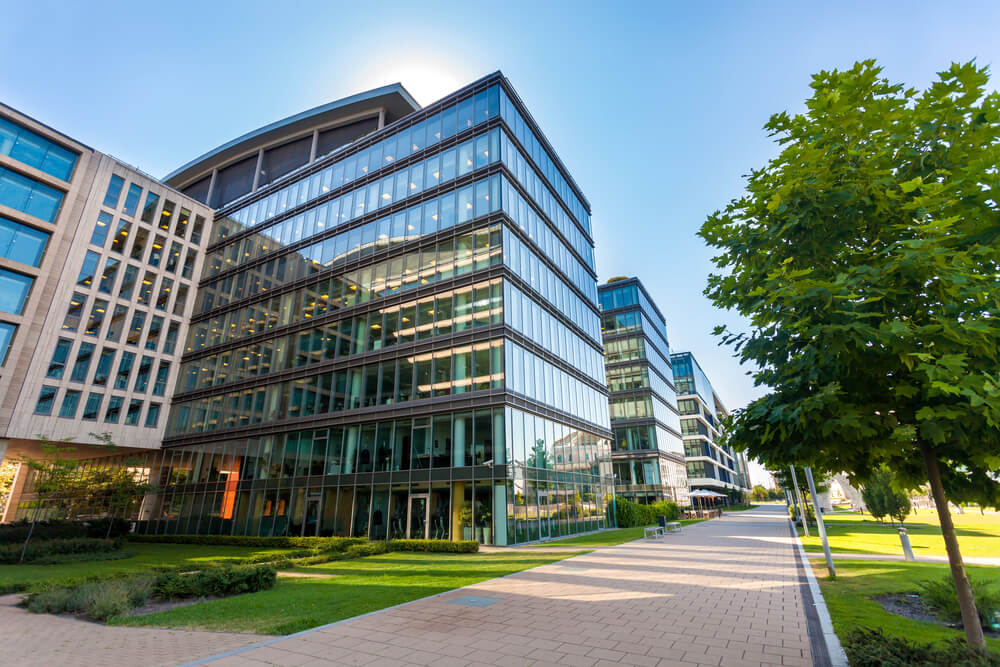Investing in real estate has become one of the wisest choices these days because of the humongous returns that come with it. It’s more or less like a secondary income for you. You get to enjoy major perks by being a real estate investor like tax savings, owning a property, rental income, etc this makes you not only financially stable but also have a much-secured future. And yes, unlike equity markets, you don’t have to worry about the rapid changes in the real estate market. If the value of the land gets appreciated due to a major project in the location you reap good returns.

If you’re someone new to investing in real estate, you tend to get into a puddle of questions like what kind of property to invest in. Which is the area that’s performing well? What kind of investments give good returns, is it commercial or residential? You need answers to these questions so that you’ll be in a better position to make an informed decision.
Before getting into deciding what is a wiser choice of investment, Commercial vs Residential Real Estate Investing, it’s important to know what these investments are.
Commercial Real Estate Investing encompasses properties that are solely used for business purposes. This can include office buildings, retail spaces, industrial warehouses, hotels, and more. The allure of commercial real estate lies in its potential for larger rental incomes and a wide range of investment opportunities.
Commercial properties typically offer significantly higher rental income compared to residential properties. Businesses are willing to pay a premium for locations that can attract customers and clients. This elevated rental income can contribute to stronger cash flow and potentially faster return on investment.
Commercial leases tend to be longer than residential leases, often spanning several years. This stability in lease terms can provide a consistent income stream, reducing the uncertainty associated with turnover that’s more common in residential properties.
When you lease to businesses, you’re dealing with professional tenants who have a vested interest in maintaining the property to attract their customers. This can lead to tenants being more proactive about property upkeep and timely rent payments.
Commercial real estate encompasses a wide range of property types, such as office buildings, retail spaces, industrial complexes, and more. This variety allows you to diversify your investment portfolio and reduce risk by spreading your investments across different sectors.
Depending on the property type, commercial real estate can offer a more hands-off approach to property management. For instance, in a triple net lease arrangement, the tenant takes on a substantial amount of the property’s operational responsibilities.
Residential Real Estate Investing is one of the most popular forms of real estate investment. These mainly involve properties that are used as homes and apartment buildings where families can reside. While it may lack some of the glamor that comes with commercial properties, Real Estate Investment Residential Property presents its own set of advantages and considerations for investors.
Residential Investment is often more affordable and accessible for novice investors. This makes them an ideal starting point for those looking to dip their toes into real estate investing without a substantial upfront investment.
One of the most appealing aspects of Residential Property Investment is its consistent demand. Regardless of economic fluctuations, people will always require shelter, ensuring a steady pool of potential tenants or buyers.
Managing residential properties is generally simpler compared to commercial properties. Residential leases are usually shorter, and tenant relationships are less complex, making day-to-day management and interactions less demanding.
Residential properties can appreciate over time, contributing to long-term capital gains. Investing in well-located residential properties in growing neighborhoods can lead to significant appreciation, enhancing your overall returns.
Like commercial properties, residential properties offer tax benefits such as mortgage interest deductions, property tax deductions, and depreciation allowances, which can help reduce your tax liability.
So which investment to consider? commercial or residential property investment? Commercial real estate is perceived as less risky due to its consistent cash flow, attributed to the stable lease agreements in place for tenants. On the contrary, investing in residential properties carries higher risk as they often experience volatile cash flow, susceptible to significant shifts in market demand.
When you possess a strong understanding of a particular market and have established local connections, it could be advantageous to consider short-term investments in residential real estate. Conversely, for commercial real estate, it’s prudent to set long-term objectives, spanning at least five years or more. This approach aligns the generated returns with a more logical timeline and allows passive income to create room for exploring alternative investment opportunities.

A sale deed is one of the most crucial legal documents in any property transaction. The deed marks the official transfer of ownership from the seller to the buyer and provides legal proof th...

Gifting, passing on, and inheriting a property are common real estate transactions. If you wish to transfer the ownership of a property, you cannot just hand over the keys and call it a day....
Comments